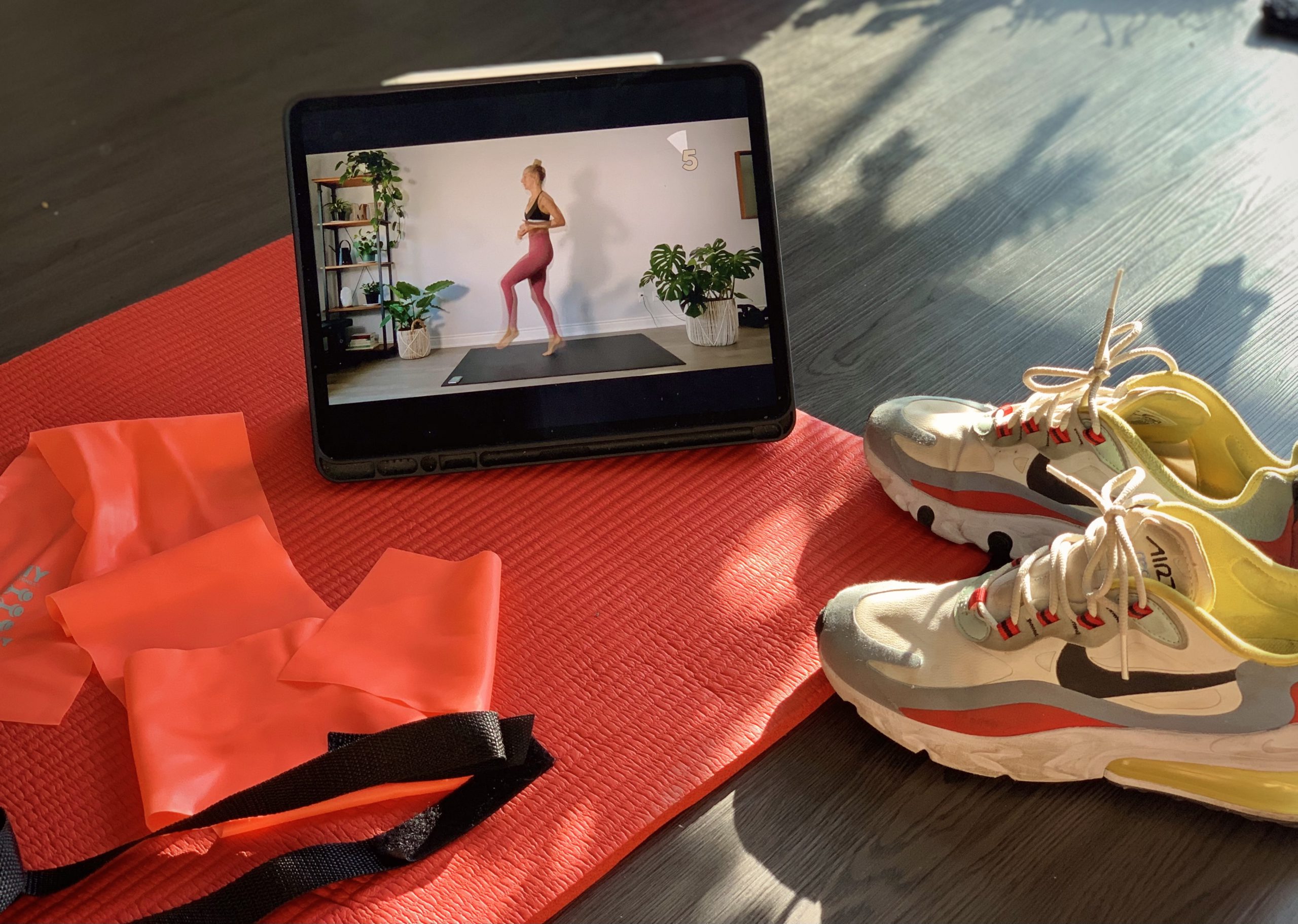A new study published in the journal Applied Physiology, Nutrition and Metabolism has found that the pandemic has had a majorly negative impact on the health and lifestyles of Canadian university students. The study concluded that the COVID-19 pandemic has resulted in worsened activity levels and dietary habits, while simultaneously increasing alcohol consumption and sedentary behaviour.
“With pre-pandemic research already showing university students to be a vulnerable group for inadequate diet and physical activity, the measures imposed to curb the COVID-19 pandemic presented a unique opportunity to examine further impact on their lives,” stated Dr. Gordon Zello, the study’s lead author and a nutrition professor at the University of Saskatchewan.
The study is the first to assess changes in these factors for students before and after the pandemic. It involved 125 graduate and undergraduate students at University of Saskatchewan and the University of Regina, who responded to questionnaires assessing diets and activity levels before and after the pandemic.
The researchers found that students ate 20 per cent less meat, 44 per cent less dairy, and 45 per cent fewer vegetables over the course of the pandemic.
“This dietary inadequacy combined with long hours of sedentary behaviour and decreased physical activity could increase health risks in this unique population during COVID-19 confinement and once the pandemic ends,” Zello stated.
“For many students, the pandemic may have added layers of challenges that make being physically active difficult,” says Dr. Rebecca Bassett-Gunter, an associate professor at York’s School of Kinesiology and Health Science. “At a minimum, some students might be facing issues with motivation! Let’s face it, it can be less than exciting to do the same basement workout every day or walk around your block for the millionth time.”
According to the new study, only 9.6 per cent of the students being assessed met Canadian guidelines of 150 minutes of moderate to intense physical activity per week.
Dr. Bassett-Gunter says the reality of activity levels during the pandemic is complicated, and believes assessing these activity levels may illuminate a broader picture.
“Like many inequities, I think the pandemic will likely shine a light on some of the discrepancies in physical activity we see in different groups of people. There is data to suggest that people of higher socioeconomic status engage in higher levels of physical activity compared to people of lower socioeconomic status,” she says. “We may see this trend exaggerated during the pandemic. For example, we may see that people who can work from home are actually able to increase their physical activity during the pandemic. They may have more flexible work and less time spent commuting.”
Dr. Bassett-Gunter also highlights the discrepancies that can arise depending on people’s living areas and type of employment. Individuals living in neighbourhoods may have more chances to get outdoors and get moving, while many living in dense areas may face increased community spread. This would make it more difficult to engage in physical activities, because of the increased risk of leaving home.
For students, the pandemic has been restrictive when it comes to personal activity. The University of Saskatchewan study found that the number of hours spent sedentary increased by three hours during the pandemic — about 11 hours a day.
Dr. Basset-Gunter provides some tips to university students struggling to boost morale and remain active during the pandemic. First, she says, get outdoors if possible.
“There is research to suggest that doing physical activity outdoors leads to even greater improvements in mood, as well as anxiety and depression symptoms compared to physical activity indoors,” she says. “Canadian winters are not always the friendliest for outdoor activity, but usually if you bundle up then it is not too bad.”
Her final piece of advice for students is to drop the “all or nothing” mindset.
“If you cannot do the physical activity that you would like to do because your gym is closed, you have space limitations or the weather is not cooperating, then just do what you can. There are lots of online videos to try and some are even specific to small spaces or no equipment.”
She suggests daily step challenges and online workouts with friends as possible options.
“Try to do something active every day even if it is not under the ideal circumstances. Anything is always better than nothing. This won’t last forever, even though it feels like it some days!”


